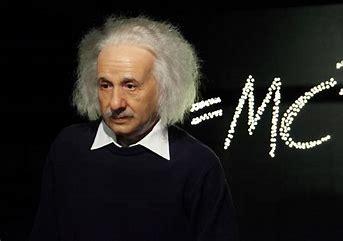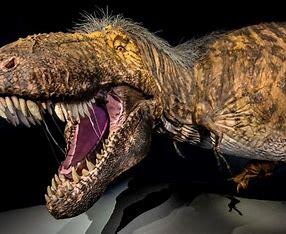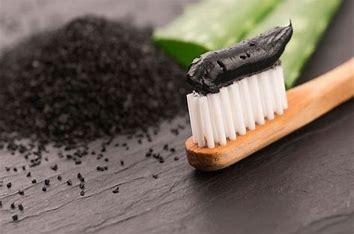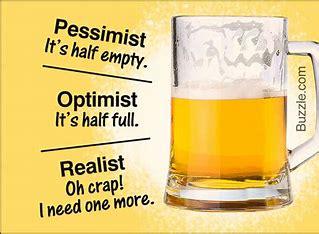Results: Belief in Science
Published on 06/24/2024
Science has always had a hard time convincing the general public of its discoveries. Many proven scientific facts and theories are still vehemently denied by many. People form preconceived notions and refuse to listen to anything else. More often than not, these notions are widespread rumors. Rumors or false narratives told too often are etched into people’s minds as truth. Here are some scientific facts that are not accepted by some of the public despite being proven. "11 Scientific Facts That Public Opinion Refuses to Believe" by Srihita Vanguri is the source for this survey.

QUESTIONS
GO to COMMENTS
Comments
1.
1.
According to this myth, humans only use 10% of their brains. This has been misattributed to Albert Einstein, and the famous movie Lucy also discusses it, making people believe in this myth. Reality is the stark opposite. We use all parts of our brain regularly. Scientists claim that if nearly 90% of the brain is inactive, there would have been strong evolutionary pressure to reduce brain size, like with other vestigial organs. Brain scans reveal that no matter what a person is doing, all brain areas are always active, with some areas more active than others at any given time. Do you believe that you are only using 10% of your brain?

Yes
22%
466 votes
No
42%
884 votes
Undecided
36%
750 votes
2.
2.
Tyrannosaurus Rex, or T-rex, is a ferocious, carnivorous dinosaur. In the popular movie Jurassic Park, T-rex appears as a scaly, featherless dinosaur, which is how people have always perceived the giant to look. In reality, T-Rex did have feathers. Scientists discovered feathered fossils of smaller tyrannosaurs like Dilong and Guanlong, which are close relatives of T-Rex. Additionally, fossils with preserved soft tissues like feathers were found in China. Furthermore, T-Rex is a theropod dinosaur, and theropods are known to have feathers, with modern birds evolving from small, flightless theropod dinosaurs. Did you know that T-Rex had feathers?

Yes
15%
322 votes
No
65%
1365 votes
Undecided
20%
413 votes
3.
3.
Many toothpaste companies advertise activated charcoal toothpastes. Activated charcoal is a fine powder created by heating carbon-rich materials like wood at extremely high temperatures. Many believe that charcoal toothpaste is excellent for teeth-whitening and can even strengthen the teeth. Dentists, on the other hand, advise us to avoid charcoal toothpaste because there is no scientific evidence to support these claims. Charcoal can weaken and remove tooth enamel, causing gum recession. Are you an advocate for charcoal toothpaste?

Yes
8%
166 votes
No
68%
1436 votes
Undecided
24%
498 votes
4.
4.
It is a common belief, especially in parents, that sugar causes hyperactiveness. This is a myth that originated in the 1970s when people blamed sugar for a dip in blood sugar levels following a meal and linked this to anxiety and hyperactiveness. In reality, scientists didn't find any link between sugar and hyperactivity. In fact, researchers found that parents are more likely to perceive their children as hyperactive when they think they've consumed sugar. Sugar is guilty of causing many things, from tooth decay to diabetes, but hyperactivity isn't one of them. Did you think that sugar causes hyperactivity in children?

Yes
40%
840 votes
No
28%
593 votes
Undecided
32%
667 votes
5.
5.
It is widely believed that alcohol kills brain cells when, in reality, this is just a myth. Does this mean there is no negative impact of alcohol on the brain? No. Alcohol doesn't kill the brain cells, but excess consumption could cause brain damage. Moderate alcohol consumption is often linked to improved mental function, but heavy consumption can cause long-term damage, including brain atrophy and shrinkage. Before this survey, did you think that alcohol consumption killed brain cells?

Yes
35%
741 votes
No
34%
712 votes
Undecided
31%
647 votes
COMMENTS


